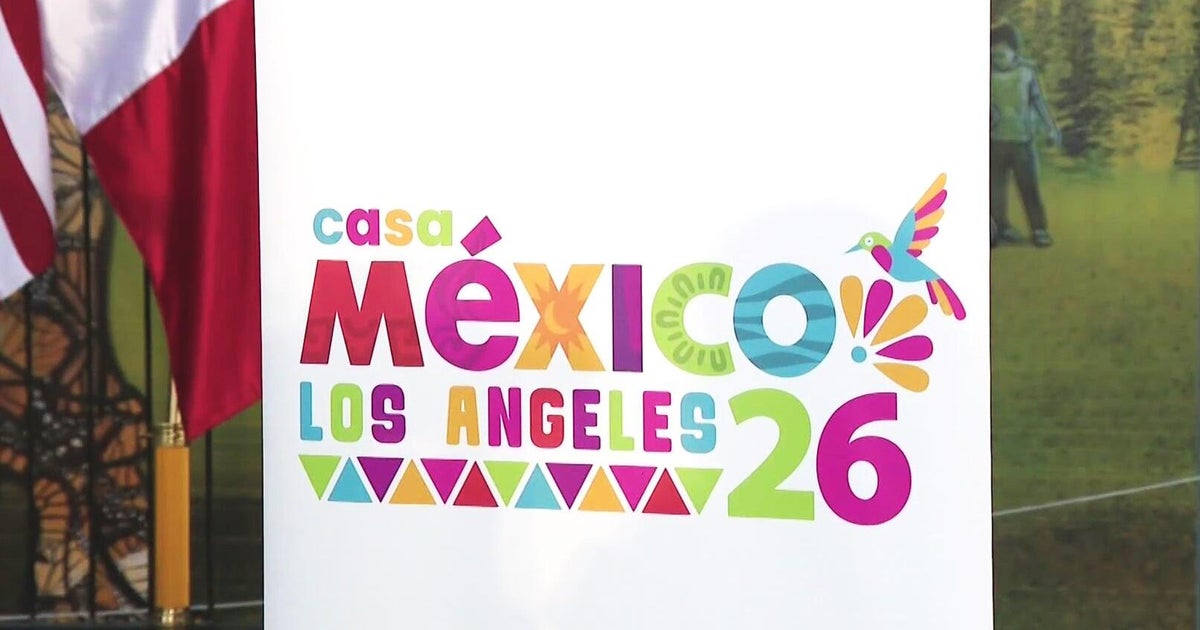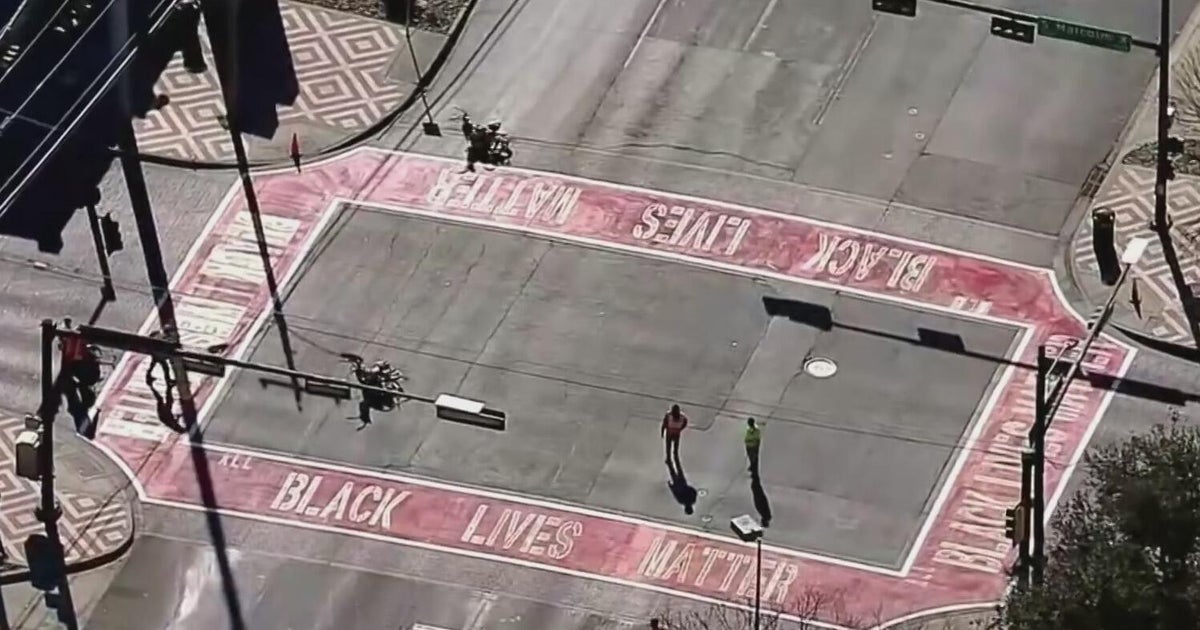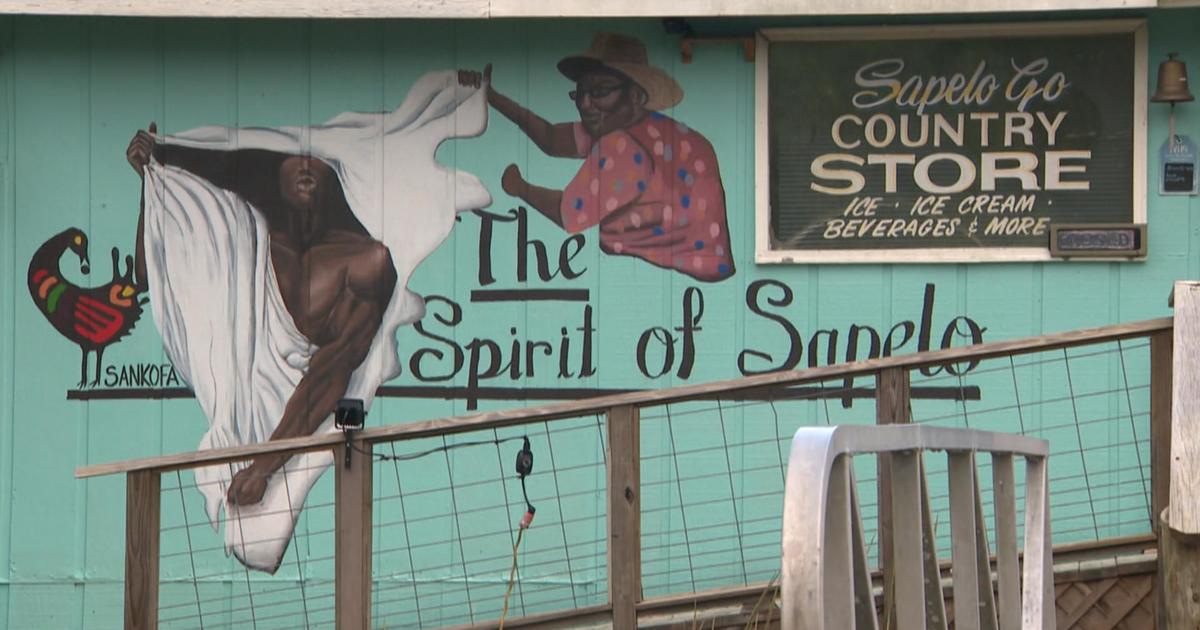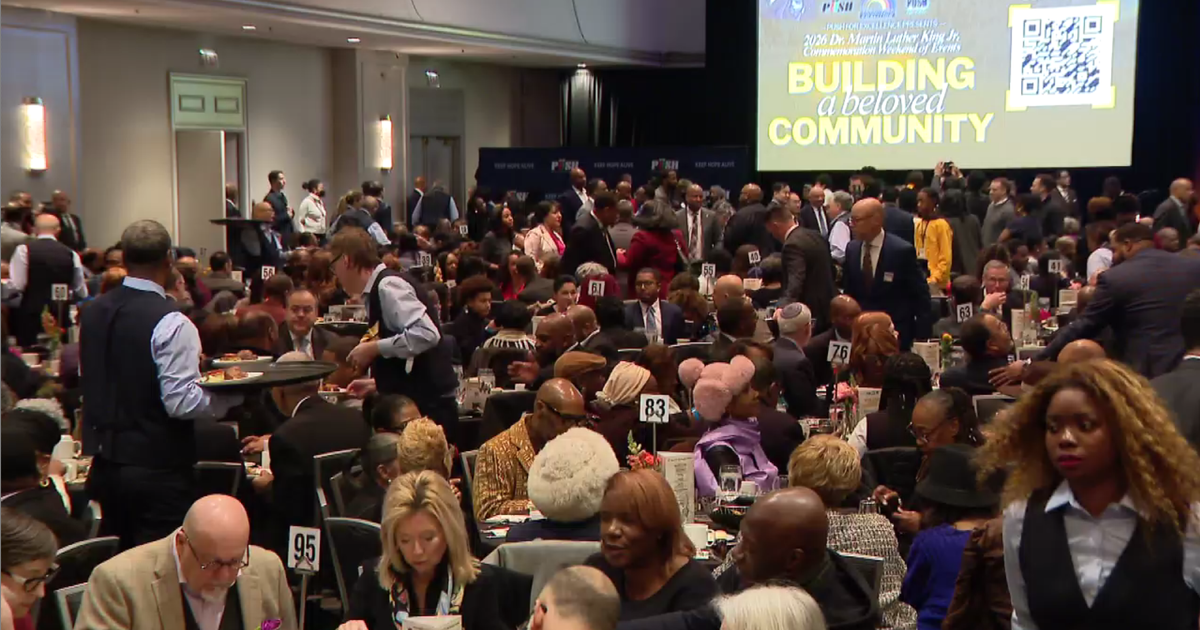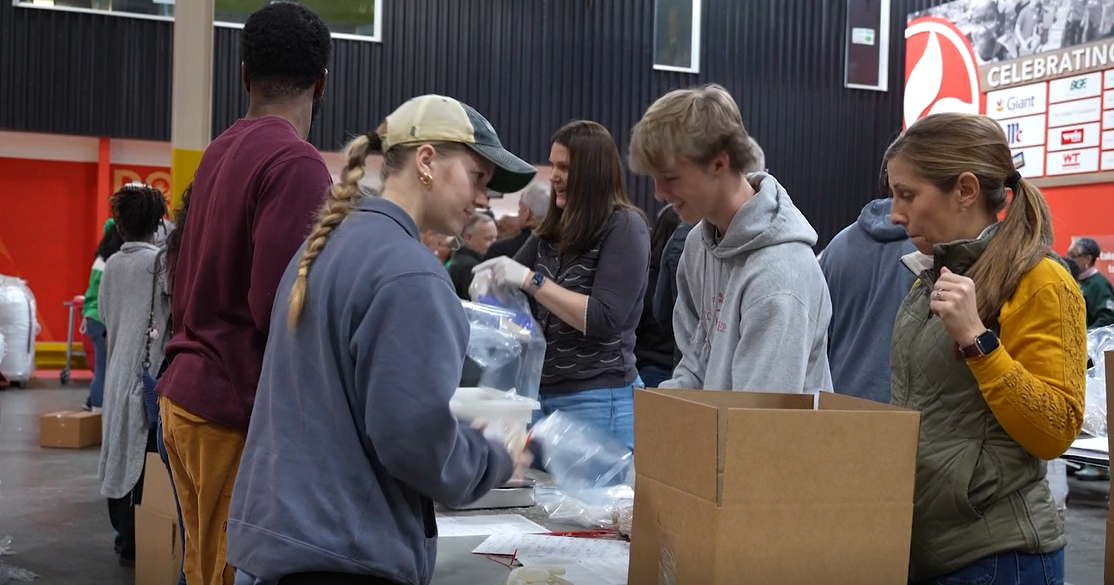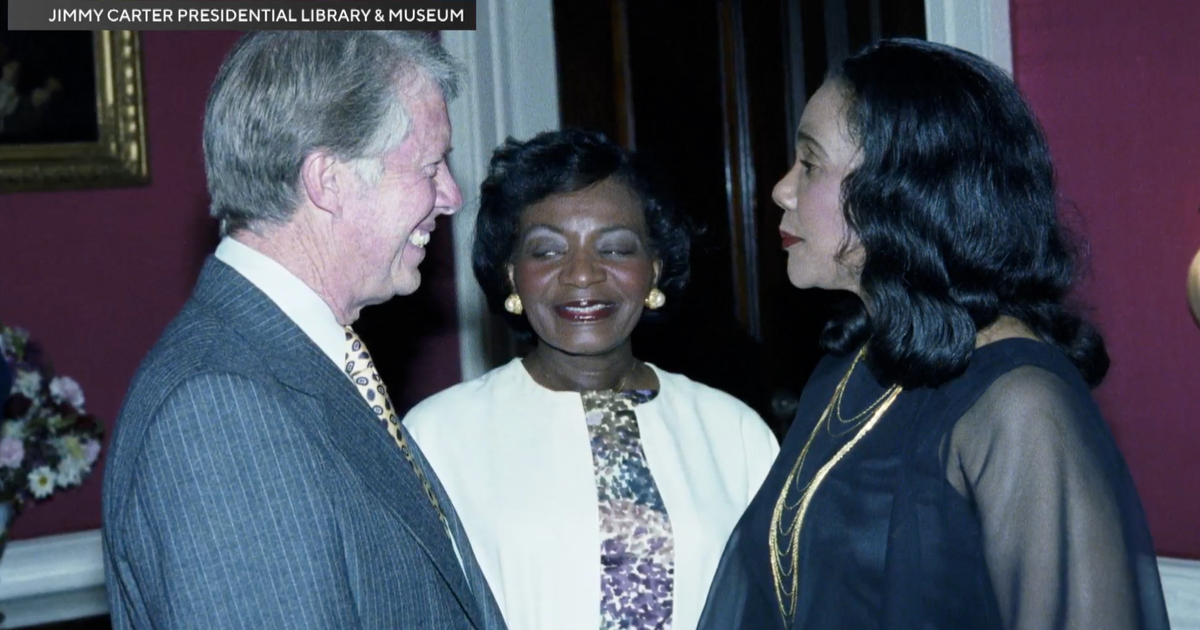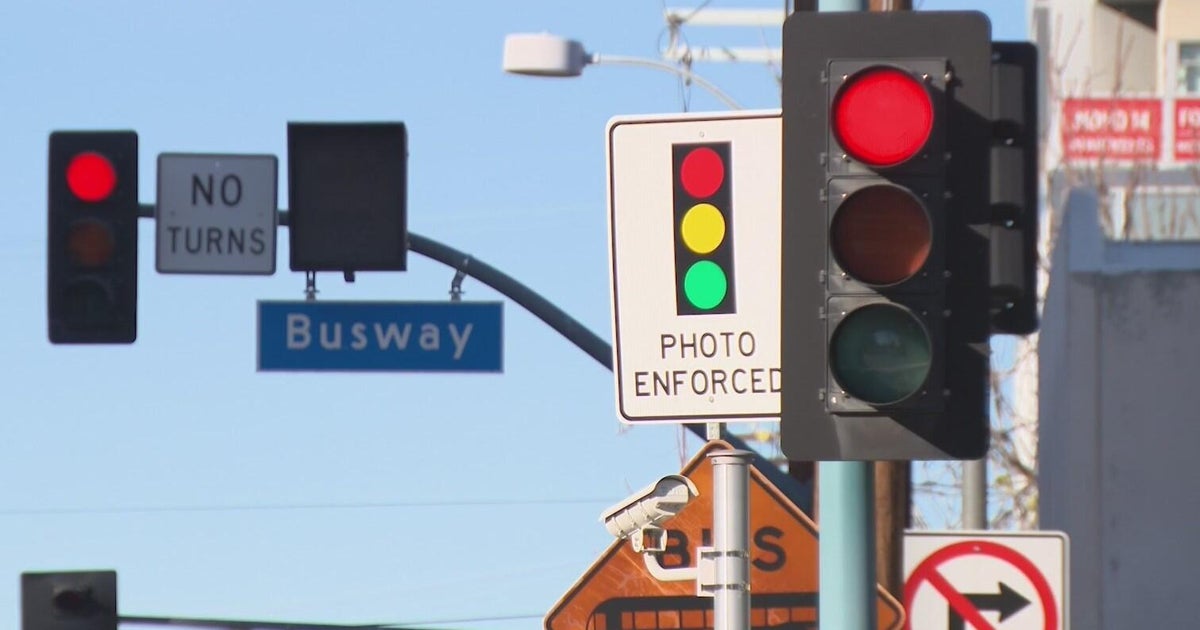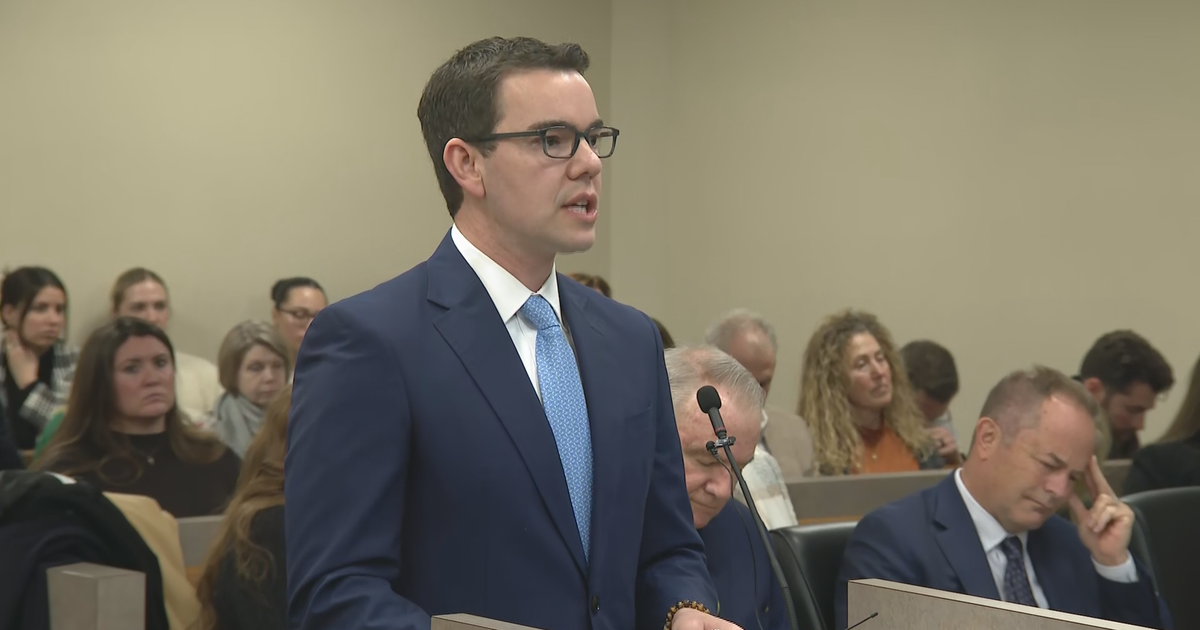Observance of Juneteenth sparks discussion about reparations
Juneteenth, the annual holiday celebrating June 19, 1865 - the day slaves in Texas finally got the news that they were free - naturally involves the discussion of reparations, and one activist who has successfully worked to return land to Black families who had it taken away spoke with CBSLA.
RELATED: Celebrate Juneteenth this weekend in LA, OC and the IE
"It's important that every year Juneteenth, we do something to commemorate not just Juneteenth itself, but the movement to get Black land back because that's when it started," said Kavon Ward, founder and CEO of Where is My Land.
When Ward learned that the city of Manhattan Beach used eminent domain to take beachfront property from Willa and Charles Bruce, a Black couple, in the 1920's, she launched a movement on Juneteenth to return what's now known as Bruce's Beach to the couple's descendants.
RELATED: LA County Takes Another Step Towards Returning Bruce's Beach To Black Family
"Their land was taken from them. They were forced out of their neighborhood, the community they helped build, because of racism," Ward said.
Ward formed the Justice for Bruce's Beach organization. Their efforts ultimately resulted in Governor Gavin Newsom signing a law that transfers ownership of the property back to the family. Newsom and local officials said this move granted them the wealth they've been denied for generations.
RELATED: Newsom Signs Bill Paving Way To Return Bruce's Beach Seized From Black Family
"This is something that's happened across the country, not just in Manhattan Beach," said Ward.
After her advocacy work for Bruce's Beach, Ward founded another group called Where is My Land. It's goal is to return land taken from Black Americans and get restitution. So far, she said nearly 400 families have reached out to their organization.
"In most cases, there aren't any viable legal claims because the statute of limitations has passed, and so with them, we realized we need to fight this in the court of public opinion more than anything, so that we can get policies changed, to get justice for these families," said Ward.
She added that her organization has encountered many challenges and pushback.
"'That was in the past, it's not fair to take land back, people who own it now didn't take the land,' and we understand that," said Ward. In certain situations and, in some cases, families don't want to take the land back. They just want to be paid fair market value because they understand it's not fair to have done to those people what was done to them. We ask for reparations. We ask for land restoration. We ask for reparative justice. That's what we want."
